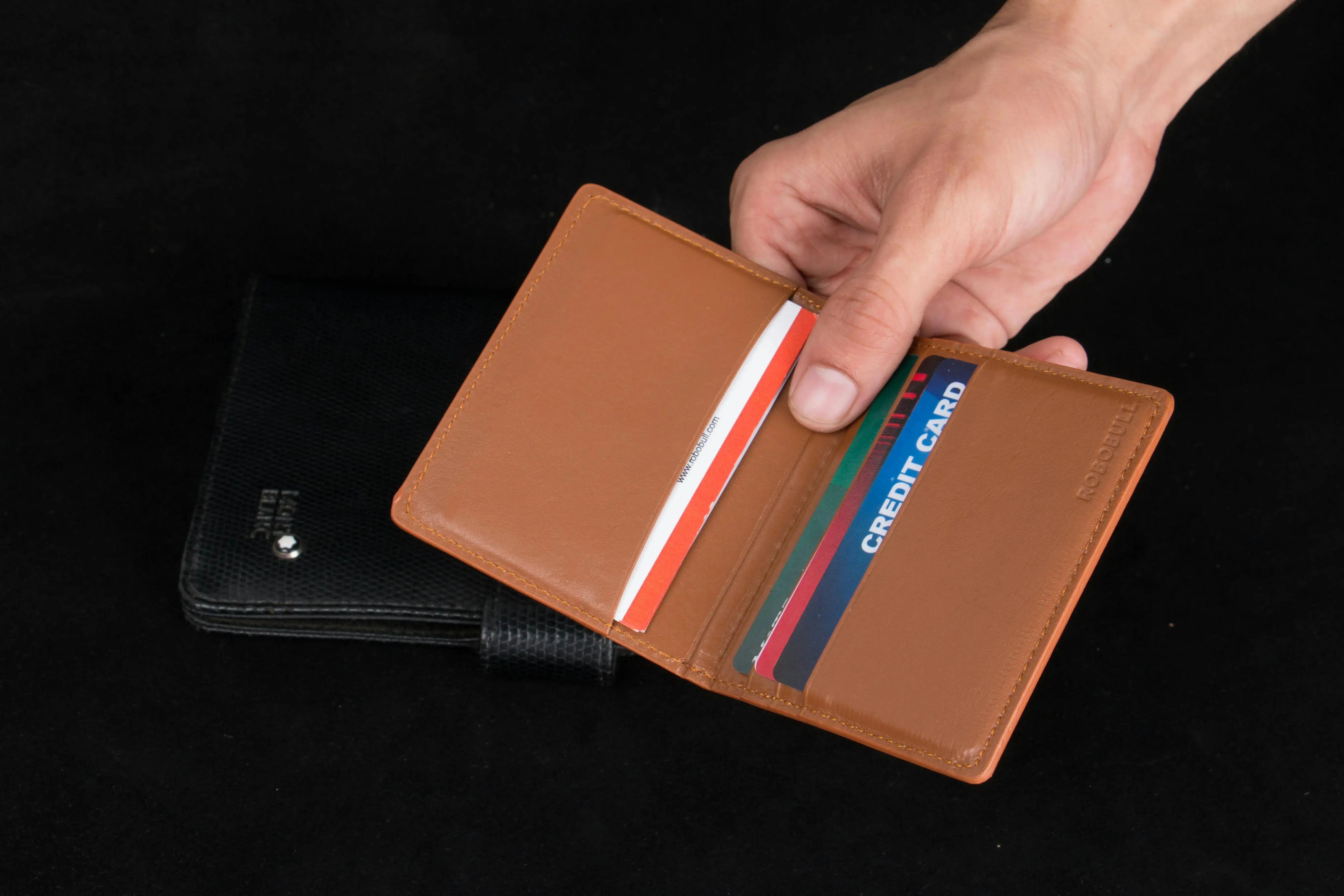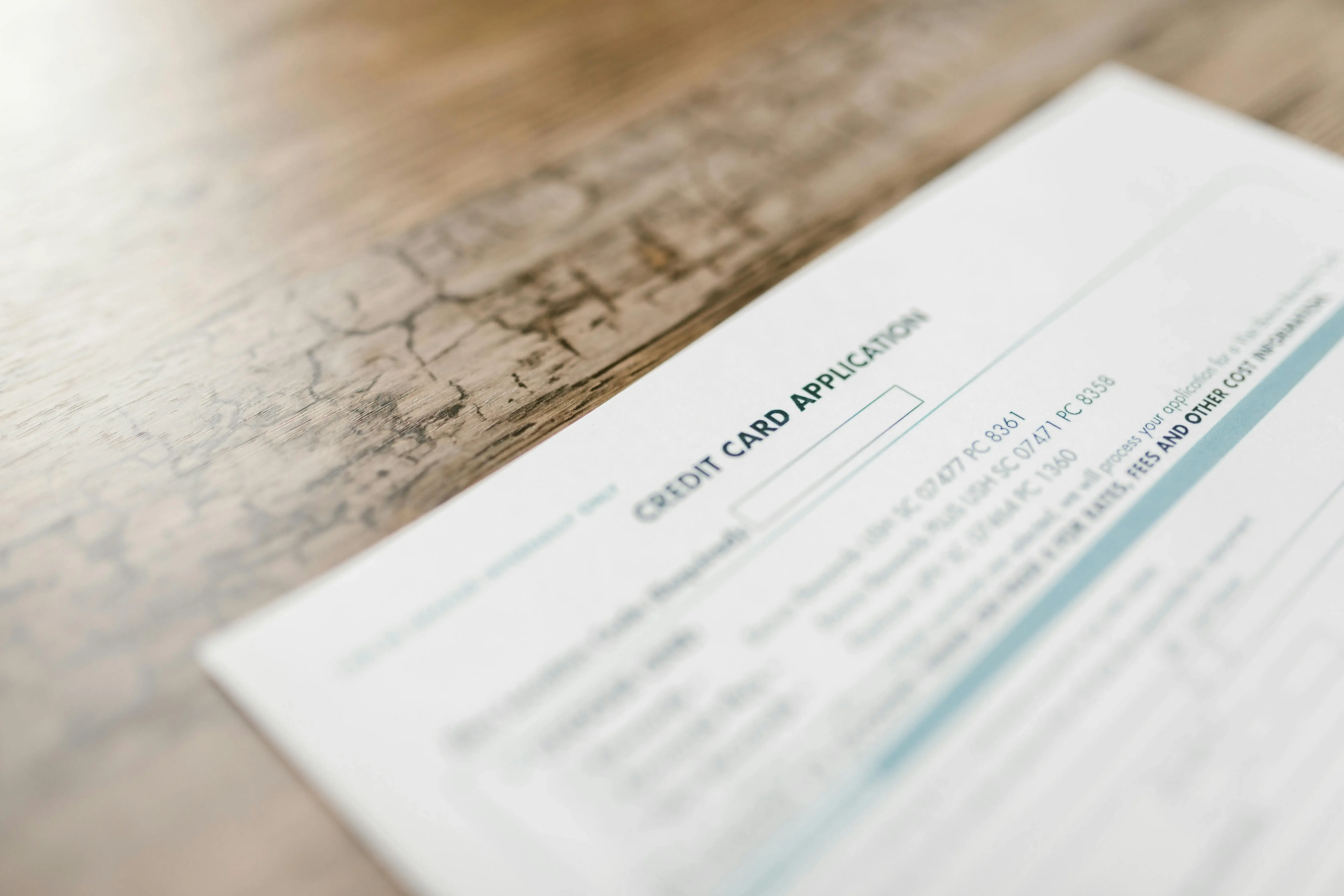
Kudos has partnered with CardRatings and Red Ventures for our coverage of credit card products. Kudos, CardRatings, and Red Ventures may receive a commission from card issuers. Kudos may receive commission from card issuers. Some of the card offers that appear on Kudos are from advertisers and may impact how and where card products appear on the site. Kudos tries to include as many card companies and offers as we are aware of, including offers from issuers that don't pay us, but we may not cover all card companies or all available card offers. You don't have to use our links, but we're grateful when you do!
Does Not Having a Mortgage Affect Your Credit Score?
July 1, 2025


Quick Answers
Not having a mortgage won't inherently lower your credit score, but it does mean you're missing a significant type of installment loan in your credit mix.
Lenders view a mortgage as a strong indicator of creditworthiness, so its presence can positively influence your score by demonstrating responsible long-term debt management.
A strong credit history can still be built without a mortgage through consistent, on-time payments on other credit lines like credit cards and auto loans.
What Does It Mean to Not Have a Mortgage?
Not having a mortgage means you own your home outright, free from any debt obligation to a lender. This financial milestone is typically reached after completing the full term of a home loan or by purchasing the property with cash. Achieving this status provides complete ownership and eliminates the large monthly payments associated with a mortgage.
This change in your financial profile can also affect your credit score. A mortgage is a significant installment loan, and a long history of on-time payments positively impacts your credit history and mix. Once the loan is paid off and the account is closed, the absence of this active trade line can sometimes cause a minor dip in your score due to a less diverse credit portfolio.
How Not Having a Mortgage Could Affect Your Credit Score
It may seem counterintuitive, but choosing to live mortgage-free can influence your credit score. The absence of this major installment loan can subtly alter how lenders view your financial profile.
Impact on Credit Mix: Credit scoring models favor a diverse portfolio of credit types. Without a mortgage, which is a major installment loan, your credit mix may be dominated by revolving credit (like credit cards), potentially lowering your score.
Absence of Long-Term Payment History: A mortgage provides a long, consistent history of on-time payments on a substantial debt. Lacking this removes a powerful data point that demonstrates financial reliability to lenders over many years.
Reduced Credit File "Thickness": A mortgage adds significant depth and history to your credit file. Without one, your file may appear "thin," especially if you have few other credit accounts, making your score more sensitive to small changes.
Future Lending Perceptions: When you eventually apply for other large loans, lenders will have no record of you successfully managing a debt of a similar size. This won't prevent you from getting credit, but it's a data point they won't have.
How Much Will Not Having a Mortgage Affect Your Credit Score?
While it might seem counterintuitive, not having a mortgage can sometimes negatively impact your credit score. Here are a few key factors to consider:
- Credit Mix: Lenders like to see a variety of credit types. Without a mortgage, your credit mix lacks a major installment loan, which can slightly lower your score as it shows less experience managing different debts.
- Payment History Length: Mortgages offer a long-term opportunity to build a positive payment history. Missing this means you lose out on decades of consistent, on-time payments that significantly boost your creditworthiness over time.
How You Can Avoid Having No Mortgage Affect Your Credit Score
Utilize Other Credit Products
Actively using other credit products, like credit cards or auto loans, can build a strong payment history. Consistently making on-time payments and keeping balances low demonstrates financial responsibility to lenders, helping to offset the absence of mortgage data on your credit report.
Consider Rent Reporting Services
Consider using a rent reporting service to add your on-time payment history to your credit file. This allows your largest monthly expense to contribute positively to your score, much like a mortgage payment would, showcasing your reliability as a borrower to the credit bureaus.
Ways to Improve Your Credit Score
Improving your credit score is an achievable goal, regardless of your starting point. By adopting consistent, positive financial habits, you can boost your score by following a few proven methods.
- Monitor your credit reports. Regularly check your reports from all three major bureaus to spot and dispute inaccuracies or signs of identity theft.
- Set up automatic payments. Your payment history is the most significant factor in your score, so automating payments ensures you never miss a due date.
- Reduce your credit utilization. Aim to keep your credit utilization ratio below 30% by paying down balances or requesting credit limit increases.
- Become an authorized user. Being added to the account of someone with a strong credit history can help improve your own score, as long as the account is managed responsibly.
- Diversify your credit mix. Lenders like to see that you can handle various types of credit, so maintaining a mix of accounts like credit cards and installment loans can be beneficial.
- Limit hard inquiries. Avoid applying for too much new credit at once, as multiple hard inquiries in a short period can temporarily lower your score.
The Bottom Line
While not having a mortgage won't inherently damage your credit, it does mean forgoing a major installment loan that can help demonstrate a positive payment history and a healthy credit mix.
Frequently Asked Questions
Will not having a mortgage hurt my credit score?
Not necessarily. While a mortgage diversifies your credit mix, its absence won't harm your score if you manage other credit accounts, like cards and loans, responsibly.
Can I get a good credit score without a mortgage?
Absolutely. You can build an excellent credit score by consistently making on-time payments on other credit lines, such as credit cards, auto loans, or personal loans.
How can I build credit if I don't have a mortgage?
Focus on paying all bills on time, keeping credit card balances low, and maintaining a mix of credit types. Consider rent reporting services for an extra boost.
Unlock your extra benefits when you become a Kudos member

Turn your online shopping into even more rewards

Join over 400,000 members simplifying their finances

Editorial Disclosure: Opinions expressed here are those of Kudos alone, not those of any bank, credit card issuer, hotel, airline, or other entity. This content has not been reviewed, approved or otherwise endorsed by any of the entities included within the post.


































.webp)
.webp)



.webp)



